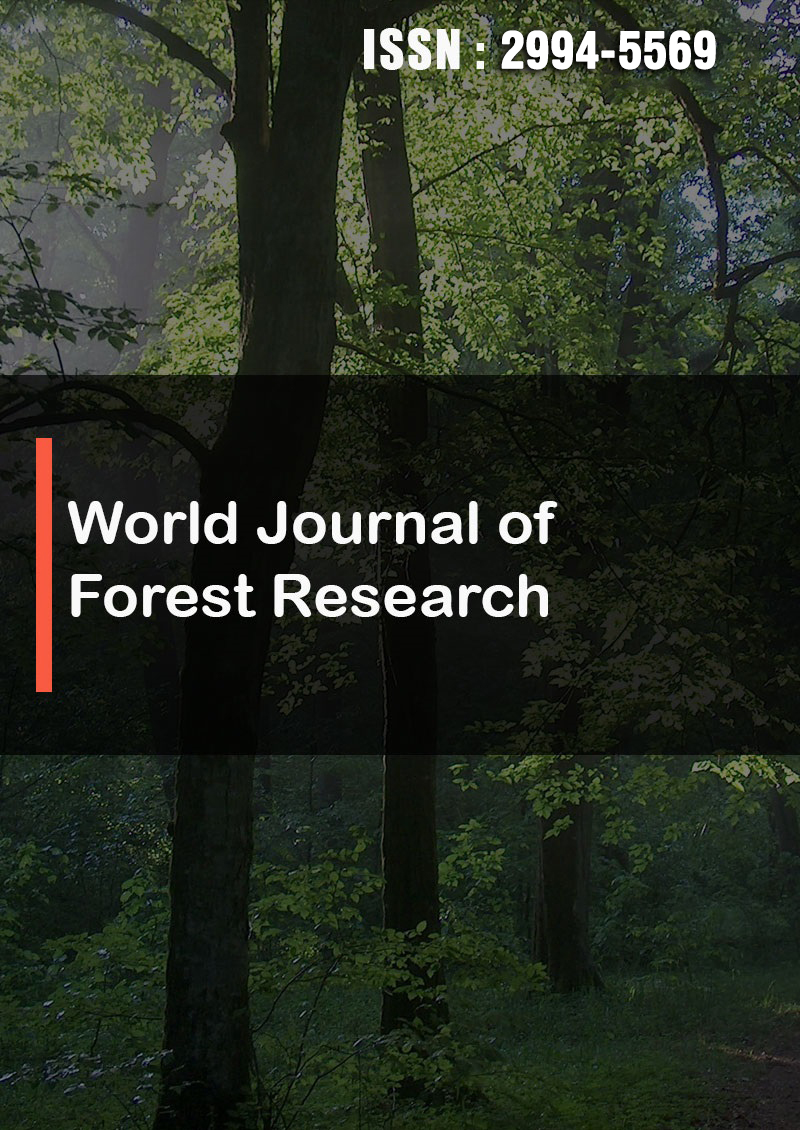Marketing Channels of Non-Timber Forest Products (NTFPs) in Sokoto Metropolis: A Case for Medicinal Plants, Sokoto State, Nigeria
Abstract
Senchi A A, Shamaki S B and Bello A G
The study assessed the marketing channels of medicinal plants marketers and their challenges in Sokoto metropolis, Sokoto State. Nigeria. Data for this research was collected using a well-structured questionnaire which was administered to two hundred and seventy (270) respondents (medicinal plants practitioners/marketers). A multi-stage sampling technique was used for this study, in the first stage, eight markets were purposively selected from urban (5) and peri-urban (3) markets. In the second stage, thirty (30) respondents were selected from each market and thirty of the itinerants from the urban markets. Data obtained was analysed descriptively using tables, frequencies, percentages and chart. The result revealed that, male (90%) were the major actors and 10% for female, 42.2% of medicinal plants marketers were within the age range of 31-40 years. 88.9% were married with household (88.1%) size of 1-10 persons The study revealed 60% with Qur’anic education, majority of them (93.7%) had 1-15 years of experience in the medicinal plants marketing, 46.2% were in the association for about 16 – 30 years of membership. Medicinal plants were sourced from the wholesalers (68.2%) followed by the farmland (54.8%), individual consumers (50%) were the major customers in the area. Deforestation and harvesting technique were the major constraints in the area as this affects the supply and demand channels of medicinal plants. Medicinal plants cultivation is recommended. It is recommended that, cultivation and sustainable harvesting of medicinal plants should be adopted.




